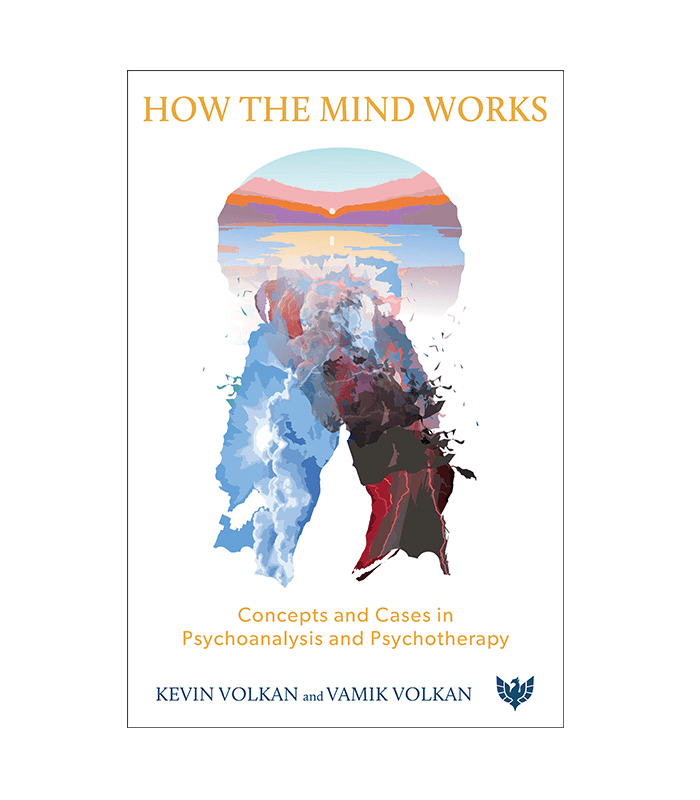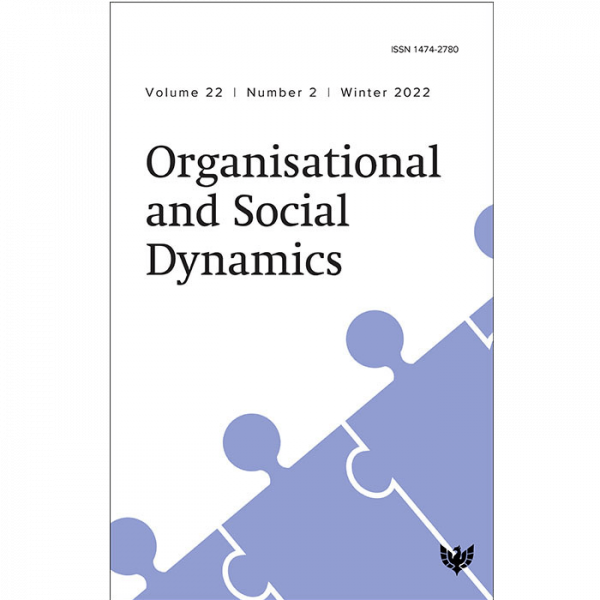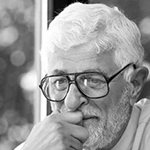There is a great deal of confusion about psychoanalysis and psychoanalytic psychotherapy, even among practitioners of these methods. One reason is the sheer volume of psychoanalytic psychotherapies currently practised around the world; some very similar, others widely divergent. To help allay this confusion, Kevin Volkan and Vamık Volkan present what lies at the heart of psychoanalysis and demonstrate the different ways this core can manifest in practice.
The authors’ aim is to improve psychoanalytic psychotherapists’ professional identities as well as their approaches to patients. The wide-ranging subjects discussed include therapeutic principles; key psychoanalytic concepts; psychotherapeutic identity; the clinician’s office; making formulations and interpretations; psychosocial development; individual and large-group identity; trauma and transgenerational transmission; dreams and unconscious fantasies; therapeutic play; personality organisations; cultural considerations; and psychoanalysis in organisations and groups.
Volkan and Volkan draw upon their decades of experience of psychoanalysis, biculturalism, and supervision of colleagues in various countries and cultures to create an exceptional textbook to explain psychoanalytic theory clearly. They present compelling case examples to illustrate technical issues that never lose sight of psychoanalysis and psychoanalytic psychotherapy as living professions that continue to develop. This is a must-read for all who want to learn more about psychoanalytic practice and theory.







Joseph Bobrow, PhD, psychoanalyst and author of ‘Zen and Psychotherapy: Partners in Liberation’ –
‘Kevin and Vamik Volkan’s new book, How the Mind Works: Concepts and Cases in Psychoanalysis and Psychotherapy, is a significant and welcome addition to the literature. It brings both depth and reach, presenting varied new perspectives without jettisoning important elements of classical approaches. Of particular value is the authors’ ability to span inner and outer, psyche and culture, unconscious fantasy and reality, intrapsychic with small and large group processes, and transgenerational traumatic elements with individual and cultural dimensions of the here and now. The authors see psychoanalysis as an ever-evolving “living profession,” and they have resisted the temptation to dogmatize while not throwing out the baby with the bathwater. This is a rich and worthwhile book.’
Richard Beck, LCSW, BCD, CGP, AGPA-F, President, International Association for Group Psychotherapy and Group Processes, 2018–2022 –
‘This textbook on psychoanalysis offers the reader both a historical lens and a current one, incorporating issues such as the impact of the coronavirus pandemic, of telephone and virtual sessions, and of the war in Ukraine. The authors’ in-depth case examples illustrate fundamental constructs of psychoanalytic principles in a clear and cogent manner. Vamık Volkan’s profound conceptualization of large-group identity gives the reader a unique understanding of human development with clarity and poignant examples. Kevin Volkan’s framing of analytic theory with a cultural lens brings clarity to dynamics familiar to all mental health professionals in an understandable manner. Each chapter contains pearls of wisdom that can be appreciated by seasoned training analysts as well as those new to analytic thinking. The meaning and limitations of confidentiality in the virtual world of today is timely and essential for all practicing analytic therapists to understand and appreciate. Addressing how organizations and groups can be understood using the analytic lens that the Volkans focus on can be of value to leaders of all types of groups, corporations, and countries. This book is a gift to all people interested in the human mind, co-authored by two gifted deep thinkers. It can’t be recommended highly enough. A text for all seasons, a book for all reasons, for everyone interested in deepening one’s understanding of analytic thinking.’
Işıl Vahip, M. D., retired professor of psychiatry, Ege University, Izmir, Turkey –
‘Kevin Volkan and Vamık Volkan update psychoanalytic knowledge about how the mind works while preserving the basic foundation of psychoanalysis. In a clear way they illustrate the link between the psychosocial realm and clinical work, bringing our attention to how major external events play a role in shaping individuals’ internal worlds and psychological functions. Regardless of the kind of theoretical or technical ideas held, this book is a significant contribution in helping clinicians solidify their therapeutic identities.’